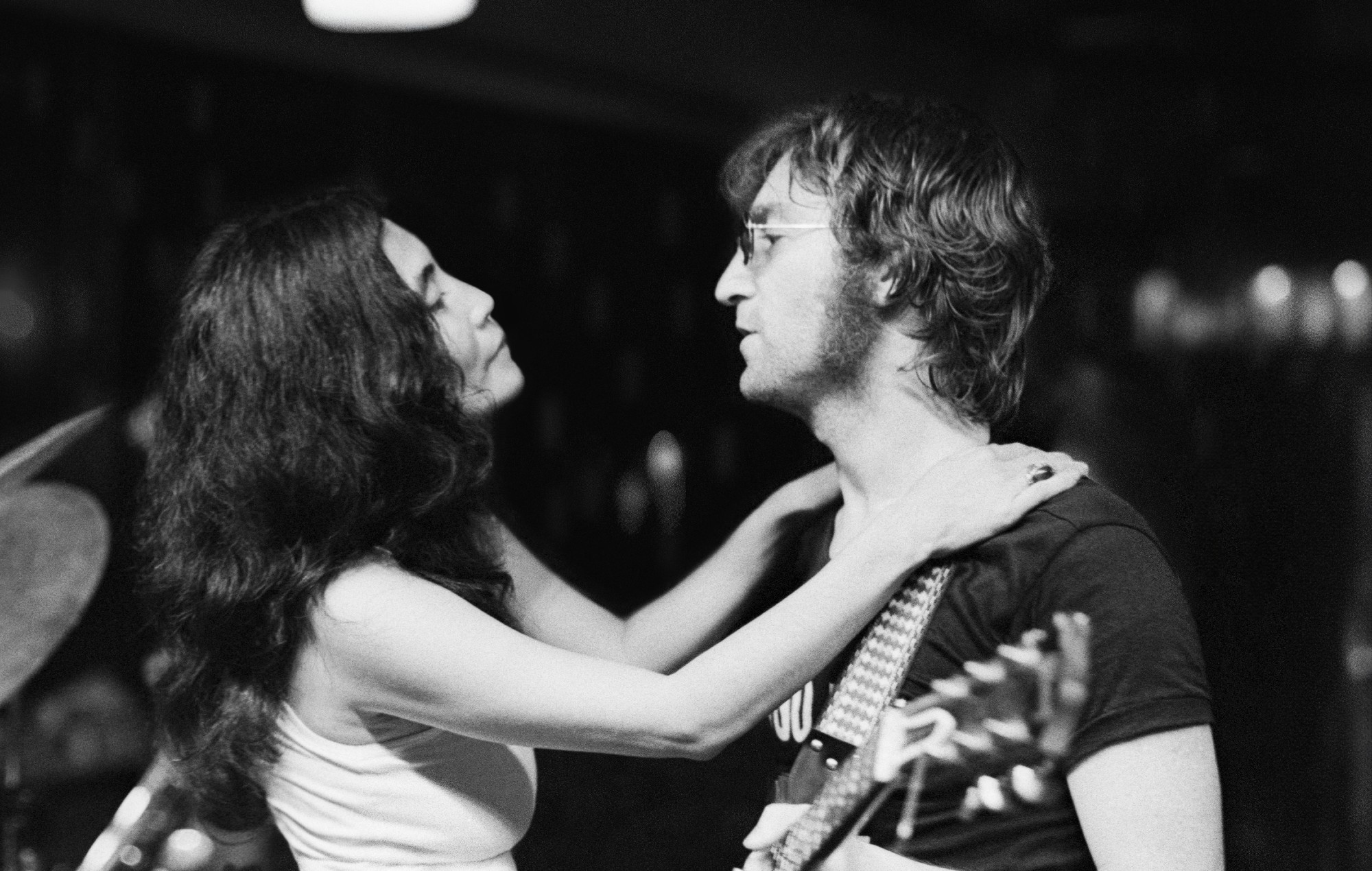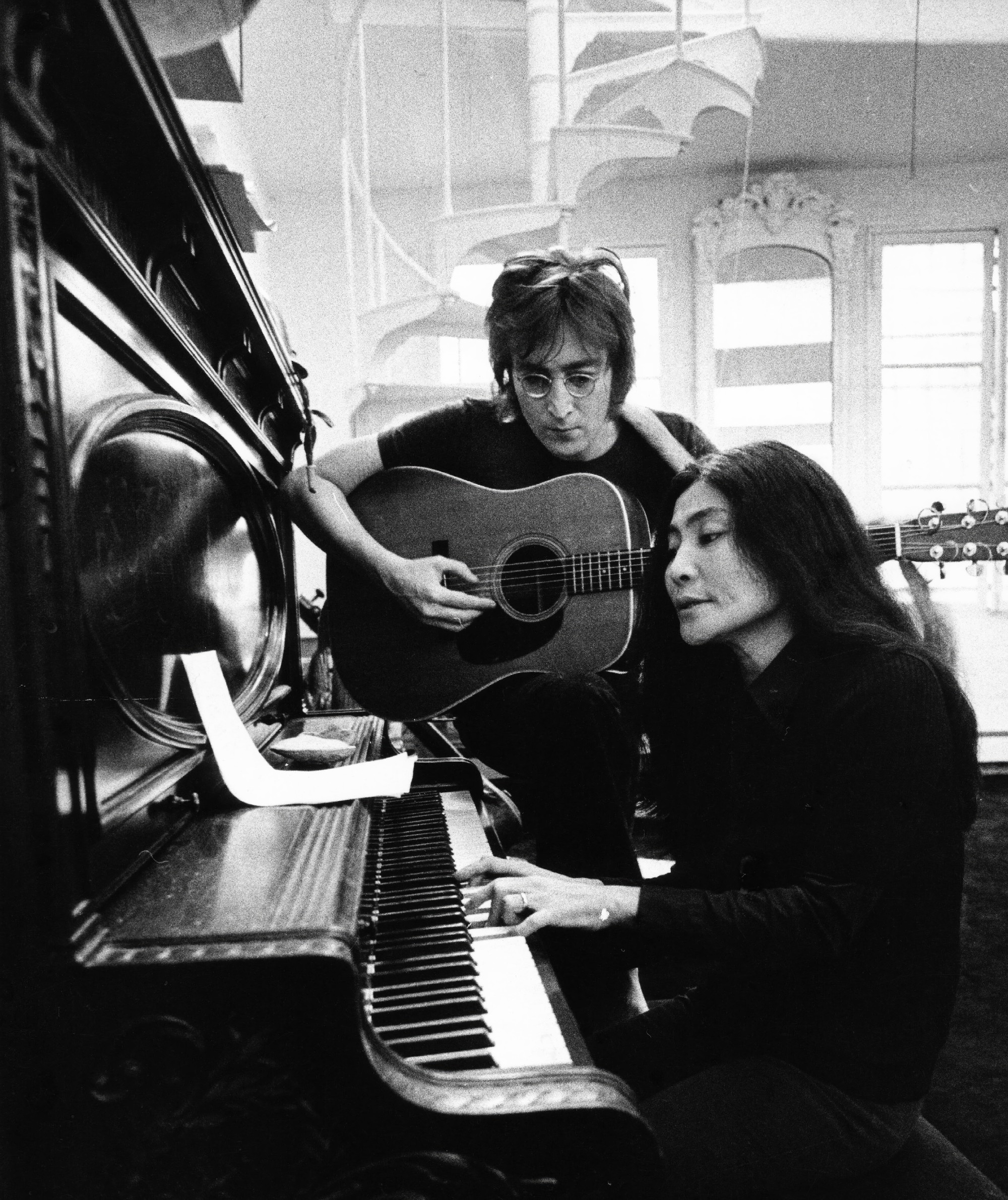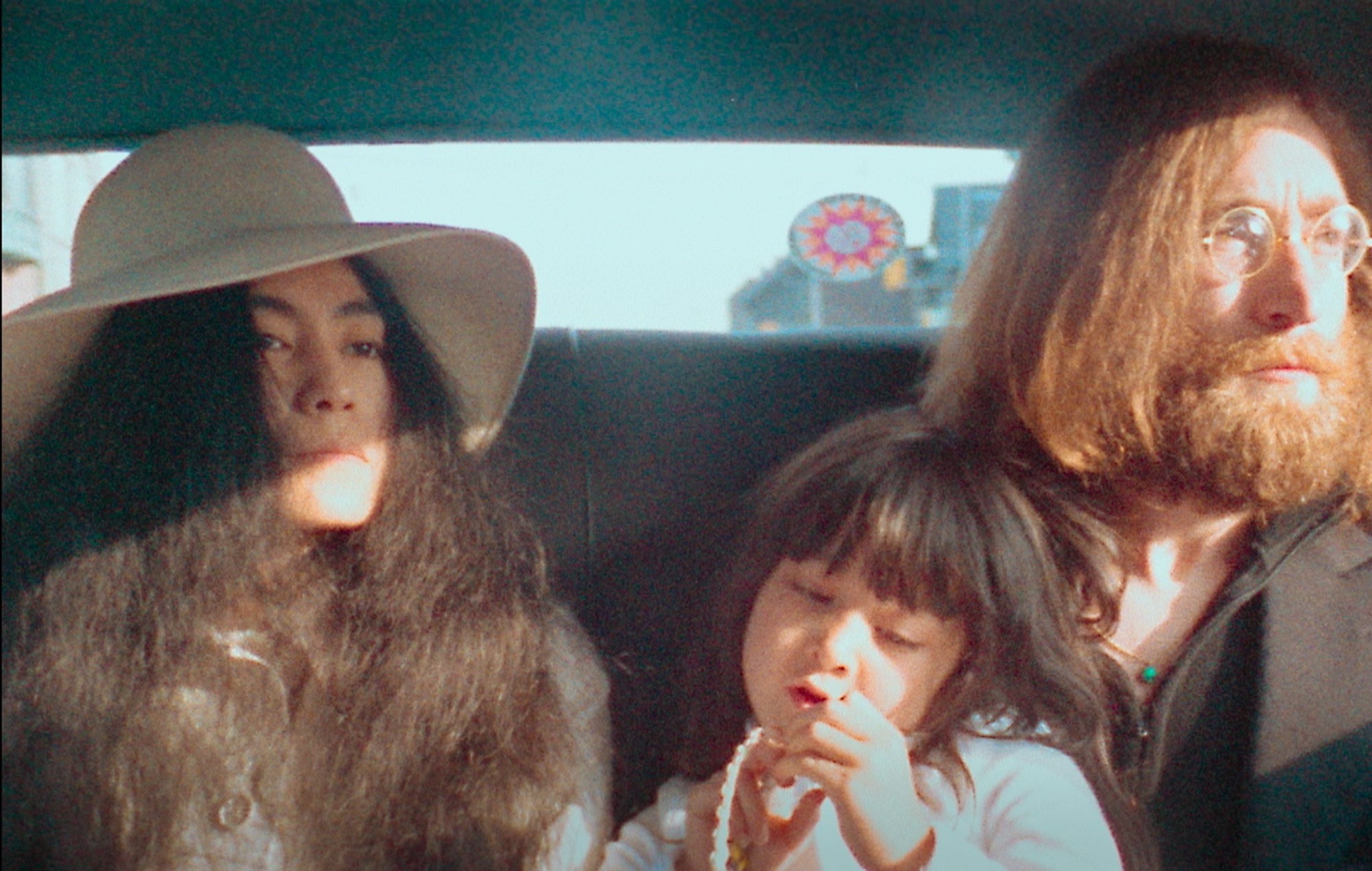New doc ‘One To One: John & Yoko’ is a lesson in using your platform for good


There’s one particularly eyebrow-raising moment in One To One: John & Yoko, a documentary filled with eyebrow-raising moments. In it, political activist and agitator A.J. Weberman rants about Bob Dylan to Yoko Ono. His issue is that The Bard has apparently become a rock star cliché and – worse still – a capitalist. “He’s become the enemy,” Weberman barks. “Even if he didn’t take junk, he’s still a fucking multimillionaire.”
We can’t see Yoko’s expression, as this is a taped phone conversation, but you can – ahem – imagine the poker face of a millionaire who famously kicked heroin and went on to manage John Lennon’s assets. “True, true,” she manages after a beat.
“You get the sense, when he says that to Yoko,” laughs director Kevin Macdonald, chatting to NME via Zoom, “that there’s a…” he trails off, giving a Larry David-style awkward look. “I always imagine she’s going, ‘Oh, fuck! Don’t look at me!’”
The film, named after the titular couple’s 1972 benefit concerts for disabled children who were abused at Staten Island’s Willowbrook State School, captures Lennon in immediate recovery from The Beatles. The two shows were his only full gigs with Yoko, as well as his only post-Fabs concerts.
In the early ‘70s, the period that the documentary traces, John and Yoko sympathised with New York’s so-called Rock Liberation Front, taking up causes on behalf of the dispossessed. These included the plight of John Sinclair, co-founder of the anti-racist and anti-capitalist White Panther movement, who was sentenced to a decade in jail for possession of two measly joints.
For Macdonald, Weberman’s amusingly naive statement is a reflection of how well-regarded John and Yoko were in grass-roots political circles at the time: “For A.J., the fact that they’re living in the West Village, which was not as fashionable as it became, and are living in this very modest way and people can knock on their door, maybe makes them different from Dylan.”
The backdrop to all this political engagement is the Vietnam War and those protesting against it; there is a palpable sense that ordinary people can change things from the ground up. Given our own highly divided times, the world within the film somehow feels both extremely familiar and totally alien. After all, it’s unlikely anyone would see John and Yoko’s ‘Give Peace A Chance’, an anthem for the US anti-war movement, as an effective tool against the might of the Trump administration.
Macdonald conveys this air of optimism with verve and swagger. Lennon claimed he spent much of his first year in New York watching telly, hoovering up American culture, and so, along with editor and co-director Sam Rice-Edwards, Macdonald intersperses archive footage with early ‘70s adverts and news reports. The effect is kaleidoscopic and immersive, with context – of sorts – provided by previously unheard phone conversations such as the one between Yoko and Weberman.
Lennon recorded his own phone calls because he suspected the US Government, spooked by his activism, of wiretapping. The subsequent “20 or 30” hours of tape, says Macdonald, “was an amazing, unexpected piece of archive that we found halfway through the edit. The Lennon estate phoned us up and said, ‘Oh, we’ve found this box: ‘Phone recordings 1972.’ We don’t know what’s on it!’”

The director, who helmed The Last King Of Scotland as well as music documentaries such as the 2012 Bob Marley film Marley, was initially dubious about making One To One. What could possibly be left to say about John Lennon and Yoko Ono? He’d already been approached to make another well-known Beatles doc (which he’ll only name off the record) but turned it down for similar reasons. When he thought of the channel-hopping treatment, though, he rightly believed he could tell us something new.
What emerges is a portrait of two globally massive stars who used their platform for good, which Macdonald reckons makes them “unlike most celebrities today – there is no integrity to [said celebs’] sense of quest”.
Is that something we could do with more of in 2025, then? “I think it is,” he says. “There’s something about the sincerity of it – the lack of cynicism. There are moments where people – including myself – might guffaw at [Lennon’s] naivety, but naivety means that you really believe in something and you’re open enough to new experiences and ideas. Maybe we’ve all become so cynical that we just don’t think you can believe in those ideals.”
In one scene, Lennon says he “went through the whole working-class dream”. He was perhaps more accurately lower-middle-class, but would still stand out in today’s cultural landscape, where the privileged are vastly overrepresented.
Historically, Macdonald notes, working-class people “went to art school, got a full grant and didn’t need to worry about having a fucking huge debt. Now, you come out with a massive £50,000 of debt. Who’s gonna do that except for middle-class people who have their parents’ or grandparents’ backing? That is a massive problem because it’s the thing that made Britain the greatest musical country in the world.”

One To One emphasises that Lennon, who was murdered less than a decade after its endpoint, leaves more than a musical legacy. John Sinclair, the subject of a Lennon song, was eventually freed after 29 months in prison, following sustained protest from the Rock Liberation Front. It’s debatable, though, whether John would have gone in this direction without Ono’s influence. As much as anything, the film is a riposte to grossly outdated anti-Yoko sentiment that still persists in some circles.
In fact, John and Yoko’s son Sean, who remastered audio of the One To One concert, told Macdonald: “This is the only film that really gets who my mother was.” The reason, the director believes, is that it portrays her as both an artist and a real person with strong ideals, which she shared with her husband. As the film proves, those ideals still sing more than 50 years down the line. You may come away feeling, as Lennon puts it in one rousing clip, that “apathy isn’t it”.
‘One To One: John & Ono’ previews exclusively in IMAX April 9-10 and opens in UK cinemas nationwide on April 11
The post New doc ‘One To One: John & Yoko’ is a lesson in using your platform for good appeared first on NME.




